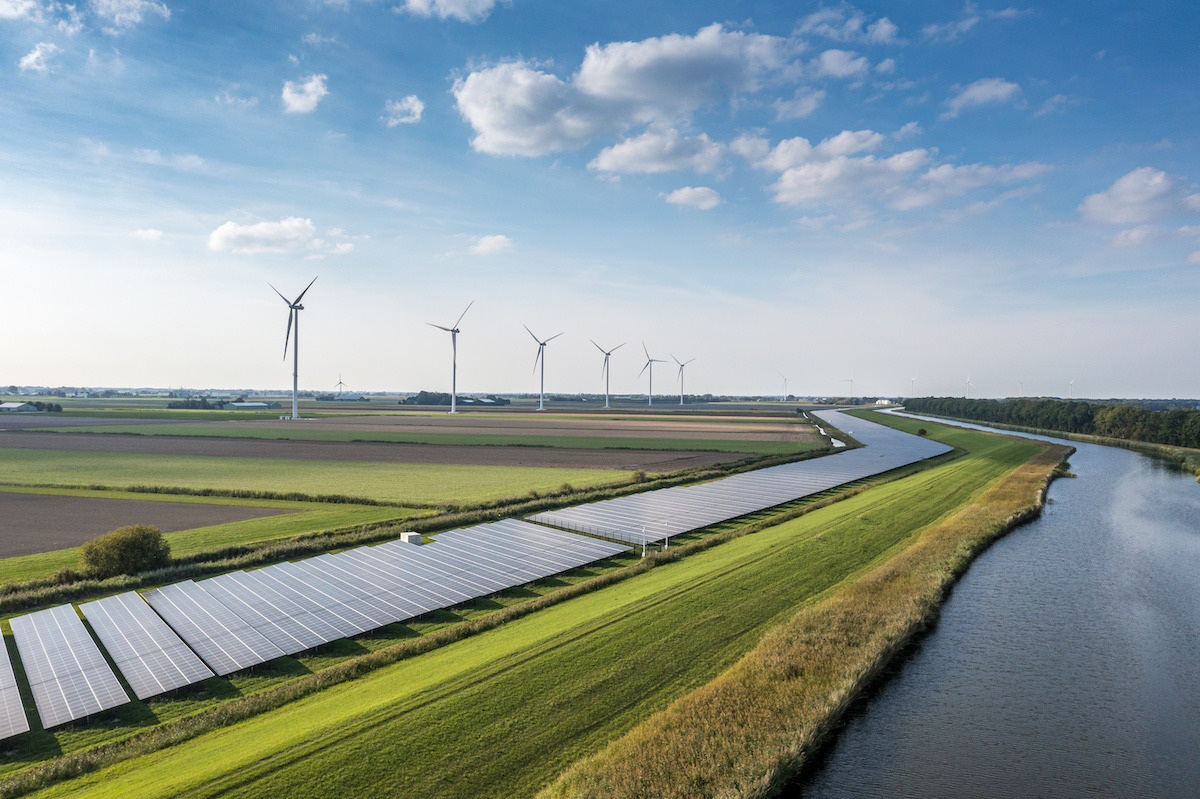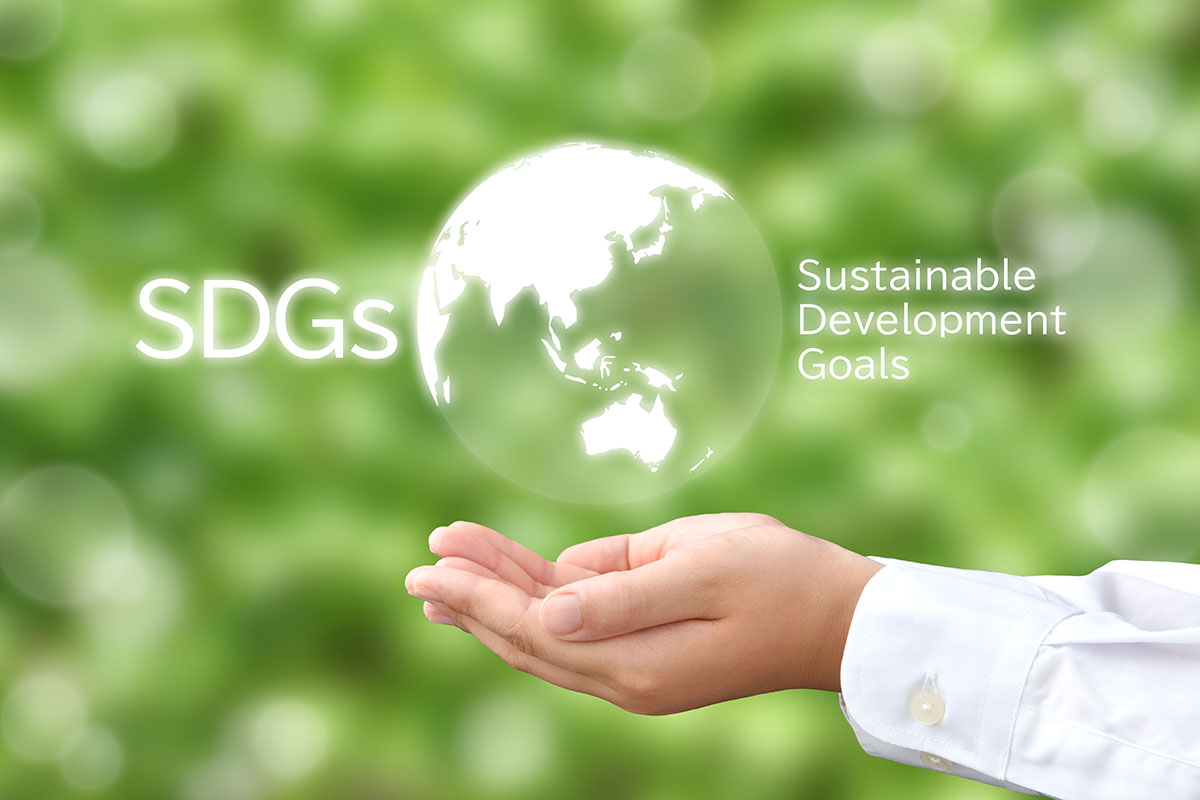SAF – Fuelling the Future of Irish Aviation
With the Aviation Industry in Ireland aiming to become Net Zero by 2050, Irish leasing companies along with carriers such as Ryanair are calling in...
3 min read
Caroline Geoghegan : Aug 25, 2023 8:37:49 AM

The UN’s SDGs are a global call to action to protect the planet, eradicate poverty and ensure that by 2030 all people enjoy the peace and economic prosperity.
The achievement of SDGs is essential for a better and more sustainable future for us all!
While the SDGs are addressed to countries and governments, all types of organisations, regardless of their size can play a significant role to support the achievement of SDGs by implementing ISO Standards for Sustainable Development.
ISO standards such as ISO 14001 (environmental), ISO 50001 (energy) ISO 45001 (health and safety), ISO 9001 (quality), ISO 26000 (Social Responsibility), ISO 37000:2021 (Corporate Governance) and ISO 27001 (Information Security) to improve operational practices and strengthen their bottom line.
Here is a brief overview of how ISO 14001 & ISO 50001 promote sustainability and the UN’s SDGs:

ISO 14001:2015 is an environmental management system standard that specifies the requirements of an environmental management system for organisations seeking to establish implement and maintain a framework to contribute to sustainable development by:
An environmental management system helps organisations identify, manage, monitor, and control their environmental issues in a “holistic” manner, minimising their negative impacts and continually improving their environmental performance.
An environmental management system often called an EMS, is comprised of the policies, processes, plans, practices, and records that define the rules governing how your property interacts with the environment in terms of energy, waste, water, and carbon emissions.
The ISO 14001 Environmental Standard promotes environmental sustainability by helping businesses manage their environmental impact. ISO 14001 supports the environmental perspective of the ESG.
(The environmental perspective includes anything that contributes to carbon emissions and climate change, such as energy management, water and wastewater management, air quality, materials sourcing and management, waste management, and supply chain management.)
Why should a business should an organisation take a strategic approach to improve their environmental performance
There are many reasons why an organisation should take a strategic approach to improve its environmental performance. Our clients have reported that ISO 14001 helps them to:

ISO Standards are trusted internationally recognised frameworks which can be used by businesses to deliver real change and accelerate our transition to a fairer, more sustainable world.

Caroline Geoghegan
Managing Director

ISO 50001:2018 standard specifies requirements for establishing, implementing, maintaining, and improving an energy management system (EnMS). The intended outcome is to enable an organisation to follow a systematic approach in achieving continual improvement of energy performance and the EnMS. The ISO 50001:2018 standard has been developed for organisations committed to addressing their impact, conserving resources, and improving the bottom line through efficient energy management. Designed to support organisations in all sectors, this ISO standard provides a practical way to improve energy use, through the development of an energy management system (EnMS).
ISO 50001:2018 Requires Organisations to:
An effective energy management system based on ISO 50001:2018 provides an organisation’s top management with a roadmap that allows them to:
Other Benefits of an EnMS include:
Long term results

CG Business Consulting's Sustainability Division is fully equipped and confident in helping you successfully achieve your sustainability goals.
Don't hesitate to reach out. Our team is eager to engage with you to discuss any questions you may have about these sustainability acronyms and their direct relevance to your business.
With your sustainability objectives in mind, CGBC can deliver a tailored solution that will empower you to gain a distinct competitive advantage.
Get in Touch
Sustainabiltiy Services
FREE DOWNLOAD

Grab a copy of the CGBC EnMS Readiness Checlist
ISO 50001 Energy Management Systems certification will demonstrate that your organisation is
taking a systematic and logical approach in its commitment to continuous
improvement of your energy management.

With the Aviation Industry in Ireland aiming to become Net Zero by 2050, Irish leasing companies along with carriers such as Ryanair are calling in...

Celebrate Environmental Sustainability with us today on World MSME Day. How are MSME's making it Big in the Sustainable Movement.

With so many Sustainability Acronyms it can be hard to make sense of all the jargon. So, here’s an explainer of the different acronyms, what they...